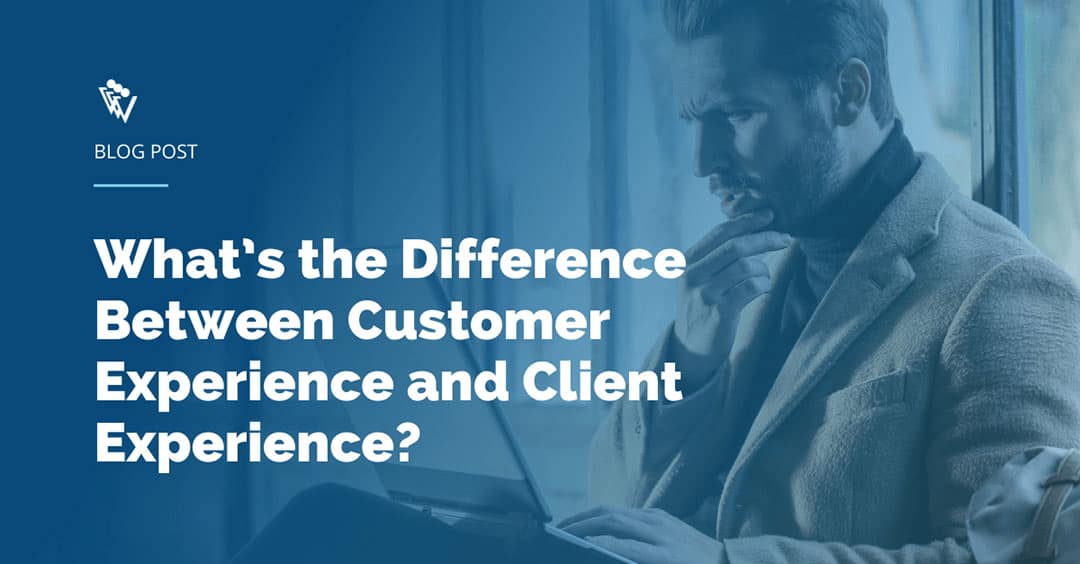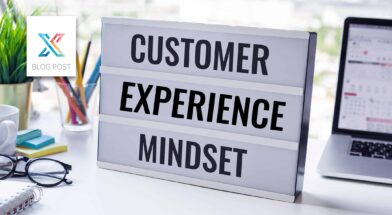They’re both CX.
I recently joined Client Savvy, the leader in providing client experience management solutions and data-driven client feedback to professional services firms to help them drive revenue, referrals, and repeat business.
Over the past 20 years, I studied, wrote about, and implemented customer satisfaction (CSAT) and customer experience (CX) programs. I received VOC certification from Allegiance, now MaritzCX, and followed the growth and success of Satmetrix, Medallia, and Qualtrics.
The Key Difference Between Customer and Client Experience
The difference between customer experience and client experience is subtle but significant. It's similar to the difference between a customer and a client. Customers are involved in transactional purchases. Think about what you buy at the grocery store, a restaurant, or a cell phone retailer.
Clients are involved in ongoing relationships centered around services that last over a period of time. This is similar to purchasing software to run a business or a contractor to build a series of buildings over ten years.
Additionally, customer experience tools only measure CX at one point-in-time -- following a transaction. This is effective for getting feedback when someone is buying a product or a meal. However, it’s not as effective when someone buys a solution or implements a long-term project.
All things considered, Client Savvy focuses on helping professional services firms like architects, engineers, contractors, accountants, lawyers, doctors, and IT solutions providers. These companies strive to build long-term relationships with their clients. Engagements typically take months and good relationships take time and they're worth it. Furthermore, we all strive to have "clients for life." Long-term clients cost less to serve, yield tremendous client lifetime value, and have great margins.
That's why we recommend checking in with clients several times over the course of a project or engagement. This is contrary to just checking in or sending an NPS survey at the conclusion of a project.
Best Practices for Client Feedback
We find it helpful to check in several times, with stakeholders and participants, over the course of a project using our client feedback tool. The following cadence has proven to be effective for several companies we work with: 1) project kick-off; 2) first deliverable; 3) 60% progress; 4) 90% progress; and, 5) project close-out/pre-invoice. The cadence varies based on the type of project or client relationship. Also, there are multiple opportunities to learn if you are meeting your clients' expectations.
Keep the feedback survey simple. Focus on expectations versus satisfaction. Learn whether or not you are meeting the expectations you are created. Do your clients believe you are "doing what you said you would do when you said you would do it?" Close the loop on any outstanding issues raised and thank everyone for their feedback every time.
A final thought, customer experience, and client experience are similar in that they are only effective over the long-term if there is c-level buy-in to the importance and process of the program.
For instance, I’m always disappointed when a salesperson, CSR, or consultant tells me to expect a survey and ask me to give them a certain score so they’ll receive recognition or a bonus. Neither they nor their managers, understand the true benefit or value the importance of clients sharing what they really think about their experience.
Open and honest feedback is the only way you know how you’re really doing.
Are you ready to learn how your clients feel about your firm?





